In honor of back-to-school, this month at Delaney Law we’re focusing on the ABCs of estate planning, including all the essential legal documents that every comprehensive plan needs.
An estate plan is like a toolbox – it only works if you have the right tool for the job. An estate plan should be tailored to you and a good estate planning attorney will take the time to listen to your desires for asset distribution care for loves ones, charitable giving, and other important considerations. Customized plans might reflect naming guardians for minor children or providing a contingency in the event of your incapacity.
Creating strategies that suit your family structure ensures that your loved ones are cared for according to their specific needs and circumstances. At a minimum, most estate plans should consist of:
A Revocable Living Trust:
A revocable living trust is an important estate planning tool that allows you to manage your assets during your lifetime and distribute them after your death, all while avoiding probate. This type of trust can be altered or canceled at any time during your life, providing you with flexibility and control.
In your trust, you are able to create conditions that must be fulfilled in order for your loved ones to inherit their portion of the estate or provide for staggered distributions over time.
A Will:
A will states how you want your assets distributed among your loved ones and all adults over 18 should have this document in place – otherwise, state law governs how your assets are distributed, which may or may not be in line with your wishes.
However, a will only covers assets owned solely in your name. Other types of assets, such as those with a beneficiary designation and assets co-owned with others, are not affected by our will.
A Financial Power of Attorney:
A power of attorney is a legal document that allows someone else to handle your legal, medical, or financial affairs. General powers of attorney cover a wide range of transactions, while limited powers of attorney cover only specific situations. Powers of attorney can be ordinary or durable.
North Carolina law states that a durable power of attorney must be registered at your local county office of the register of deeds to be effective after your incapacity
A Healthcare Power of Attorney:
A health care power of attorney is a legal document in which you name another person, called a “health care agent,” to make health care decisions for you when you are not able to make those decisions for yourself. Unless you limit the power of your health care agent, your health care agent can make all health care decisions for you, including:
▪ starting or stopping life‐prolonging measures;
▪ decisions about mental health treatment;
▪ choosing your doctors and facilities;
▪ reviewing and sharing your medical information; and
▪ autopsies and disposition of your body after death.
A Living Will:
A living will is a written, legal document that spells out medical treatments you would and would not want to be used to keep you alive, as well as your preferences for other medical decisions, such as pain management or organ donation.
A comprehensive estate plan is a strategic blueprint for managing your financial and healthcare decisions during your lifetime and after. It includes various components like a will, a living trust, power of attorney, healthcare directive, and beneficiary designations. These tools collectively ensure that your hard-earned assets are distributed as per your wishes, your family is taken care of, and your legacy is preserved. Remember, estate planning is not a one-and-done process but requires regular reviews and updates in response to life changes. So, get started today and give yourself the peace of mind that comes with knowing you have a comprehensive estate plan in place.


